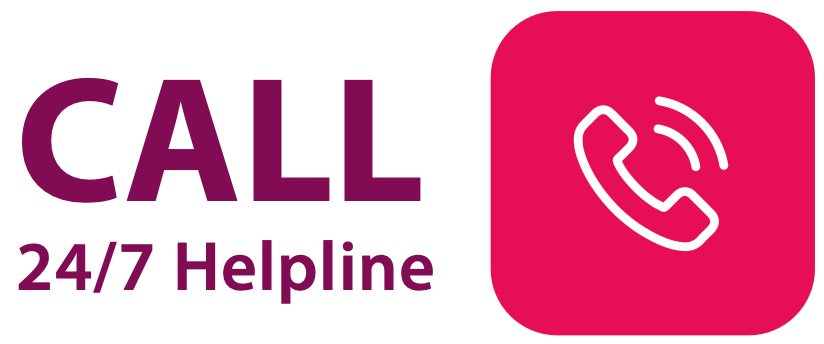




DBS surgery is considered when neurological conditions like Parkinson’s disease, essential tremor, or dystonia significantly affect a person’s quality of life, especially when medications no longer offer sufficient relief or cause intolerable side effects.
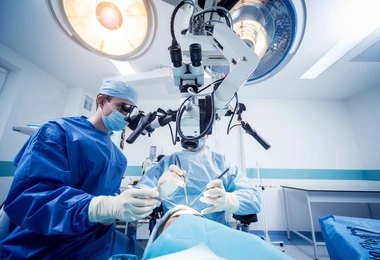
DBS involves implanting leads (thin wires) in targeted areas of the brain through minimally invasive techniques. These leads are connected to a neurostimulator placed under the skin near the collarbone. The device sends electrical pulses to disrupt brain signals thus reducing abnormal movements.
DBS surgery is performed by a multidisciplinary team, including neurosurgeons, neurologists, and specialized nurses. The procedure requires precision and expertise in navigation, in depth understanding of the problems and knowledge in the implants to ensure accurate placement of the electrodes and optimal stimulation results.
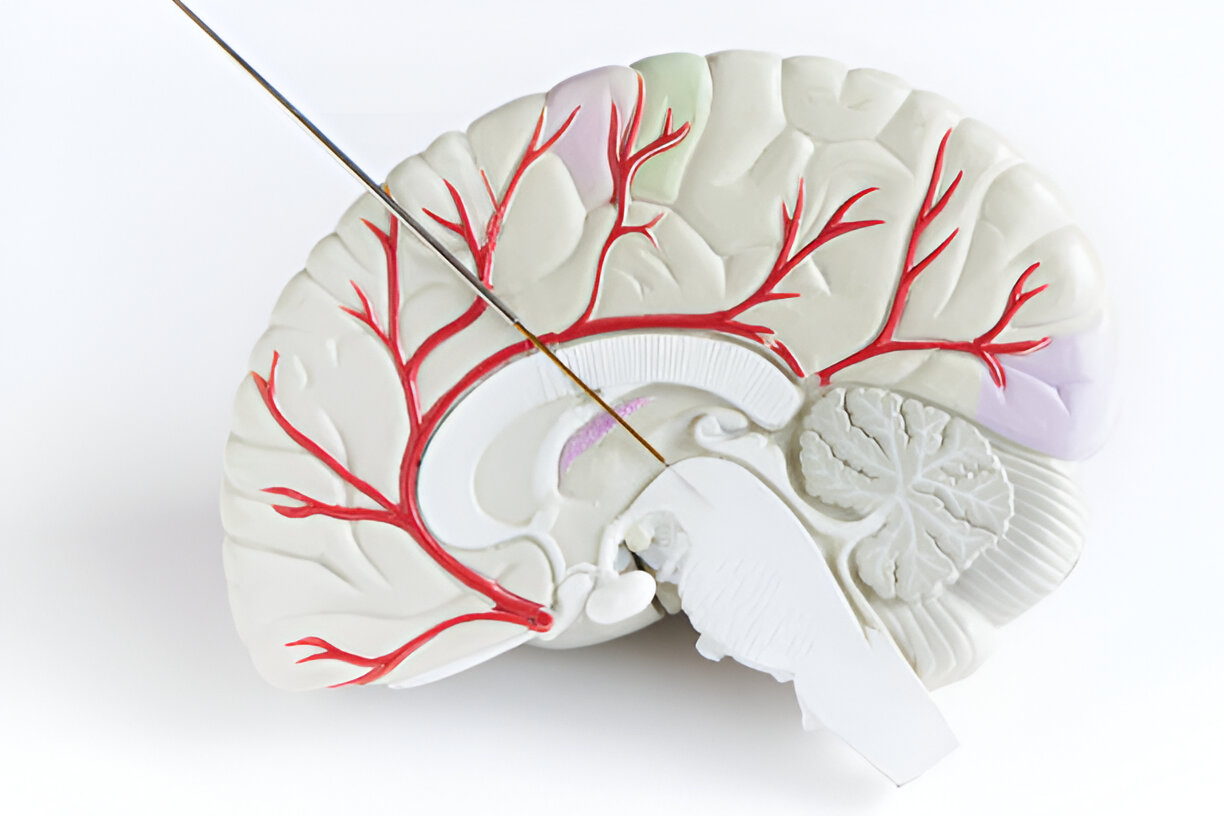
At Kauvery Hospital, we specialise in Deep Brain Stimulation (DBS) surgery, a highly advanced procedure that offers relief for patients with movement disorders like Parkinson’s disease, essential tremor, and dystonia.
Our team of expert neurologists and neurosurgeons use cutting-edge technology to ensure patients receive personalised care for optimal outcomes.
DBS surgery is a neurosurgical procedure that implants electrodes in specific areas of the brain to regulate abnormal electrical signals. It is used to treat neurological conditions, such as Parkinson's disease and essential tremor, and aims to significantly reduce symptoms like tremors, rigidity, and abnormal movements, enhancing the quality of life.
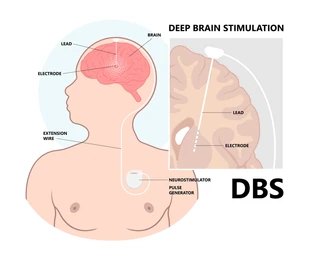

Patients who may benefit from DBS surgery typically experience severe movement-related symptoms that are not well controlled by medication. Common symptoms include:
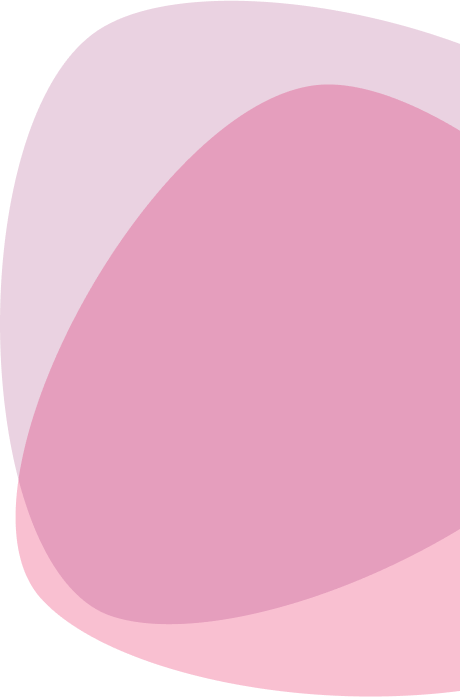
At Kauvery Hospital, DBS can be done for following conditions like:
DBS surgery for Parkinson's disease is a crucial treatment that helps in reducing tremors, rigidity, and other motor symptoms, significantly improving patients' daily functions.
One of the most prominent essential tremor treatments, DBS effectively reduces tremors associated with essential tremor, enabling better control of fine motor skills and reducing disability.
DBS, an effective Dystonia treatment, offers symptom relief for dystonia by modulating abnormal muscle contractions, improving posture and motor function.
Adding significantly to Epilepsy treatment, DBS can help in reducing the frequency and severity of seizures in epilepsy patients, providing better control over their condition.
For severe OCD treatment, DBS surgery can alleviate symptoms when other treatments have failed, enhancing mental health and quality of life.
DBS when indicated is an alternative treatment for major depressive disorder, which is refractory to treatment-resistant depression, potentially restoring mood stability and improving life satisfaction.
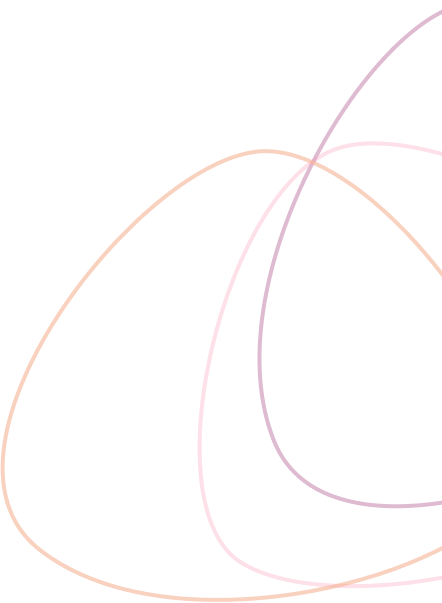

DBS surgery utilises advanced imaging to precisely target areas of the brain responsible for the symptoms, ensuring accurate treatment.

The procedure provides immediate feedback on symptom relief during surgery, allowing for real-time adjustments and optimized outcomes.

DBS is a minimally invasive procedure with small incisions, ensuring faster recovery, minimal scarring, and a quicker return to daily life.

The surgery is tailored to each patient’s condition, enabling personalized adjustments that enhance the treatment's effectiveness.

DBS involves ongoing monitoring and fine-tuning post-surgery, ensuring long-term control of symptoms and improved quality of life.

Post surgery, patients receive a tailored rehab plan for a swift recovery, helping them return to daily activities with better neurological function.
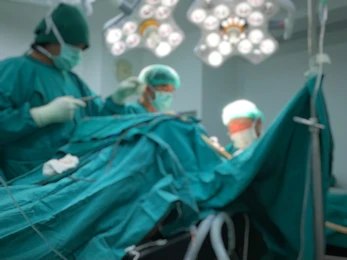
DBS surgery is recommended for patients whose symptoms significantly affect their daily activities and quality of life. Those experiencing tremors, motor fluctuations, or medication side effects are often candidates for DBS, especially if their symptoms respond well to medication but require higher doses that cause intolerable side effects.
Doctors may recommend DBS surgery for patients with good medication response but fluctuating symptoms and for those whose tremors or rigidity affect daily functioning. However, DBS may not be ideal for individuals with speech and swallowing difficulties, cognitive decline, or untreated psychiatric conditions like depression or anxiety.


Deep Brain Stimulation (DBS) surgery at Kauvery Hospital is a highly advanced neurosurgical procedure aimed at treating a range of neurological and psychiatric disorders. By using targeted electrical impulses, DBS helps manage symptoms that are otherwise resistant to conventional treatments, significantly improving patients' quality of life.
Pre-surgical tests make sure there’s a tailored treatment plan for each patient's specific condition.
Detailed explanation:
Before DBS surgery, a movement disorders specialist will assess the patient’s response to Parkinson’s medication to determine if DBS is a suitable option.
Additional cognitive assessments, occupational therapy, speech, language, and psychiatric evaluations help ensure the patient is mentally and physically prepared for the procedure.
These evaluations help determine whether the patient is a surgical candidate for DBS. It also helps in determining the exact target areas in the brain that need stimulation.
The medical team also discusses the risks, benefits, and expected outcomes of the procedure with the patient and their family, ensuring informed consent and a personalized treatment plan.
DBS involves precise implantation of electrodes in the brain, using stereotactic frame and navigation guidance assisted by advanced imaging technology.
Detailed explanation:
During the DBS surgery, the patient remains awake to provide feedback, which helps in accurately positioning the electrodes in the brain.
Using high-resolution imaging and real-time monitoring by the neurologist, the neurosurgeon carefully implants the electrodes into the targeted brain regions.
The electrodes are then connected to a pulse generator, typically implanted under the skin under the collarbone.
This generator sends electrical impulses to the brain, modulating abnormal activity and alleviating symptoms.
Post-surgery care includes regular follow-ups to fine-tune the DBS settings for optimal results.
Detailed explanation:
After the DBS surgery, patients are closely monitored to ensure proper healing and adjustment to the implanted device.
The DBS system settings are calibrated over several sessions to achieve the best therapeutic effect while minimising side effects.
Patients typically experience gradual improvement in their symptoms, with ongoing adjustments as needed.
Long-term follow-up care is essential to maintain the benefits of DBS, and patients are encouraged to stay in touch with their healthcare team for any necessary tweaks or support.
Open discectomy at Kauvery Hospital leverages cutting-edge technology for precise diagnosis and effective management of spinal conditions. Our advanced techniques ensure optimal patient outcomes.
Our surgeons utilise sophisticated high-resolution imaging technology to obtain a clear and detailed view of your spine.
Detailed explanation:
At Kauvery Hospital, we use state-of-the-art high-resolution imaging for open discectomy. This clarity is essential for identifying specific issues accurately and making informed decisions regarding your treatment.
Whether your treatment plan involves medication, lifestyle modifications, or additional procedures, high-quality imaging ensures a thorough and precise diagnosis, leading to more effective treatment and better health outcomes.
Our open discectomy involves minimal incisions and specialised tools, reducing pain and recovery time significantly.
Detailed explanation:
The minimally invasive approach used at Kauvery Hospital for open discectomy involves small incisions and advanced instruments.
This technique results in less postoperative pain, a lower risk of complications, and a quicker recovery period. Most patients can return home the same day and resume their normal activities much sooner.
Our focus on minimally invasive methods ensures that the procedure is as smooth and stress-free as possible, with minimal discomfort and faster healing.
Kauvery Hospital integrates advanced diagnostic tools with open discectomy to provide a comprehensive assessment of your spinal health.
Detailed explanation:
We combine cutting-edge diagnostic tools with our open discectomy procedures to offer a complete evaluation of your spine.
These tools include high-tech imaging systems and specialised instruments that give detailed insights into your spinal condition. By using these advanced diagnostics, we ensure an accurate and thorough diagnosis.
This comprehensive assessment allows us to develop the most effective and personalised treatment plan for your spinal health, ensuring you receive the best possible care.
DBS surgery is effective in treating conditions like Parkinson's disease, essential tremor, dystonia, epilepsy, obsessive-compulsive disorder (OCD), and major depressive disorders.
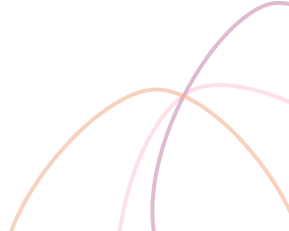
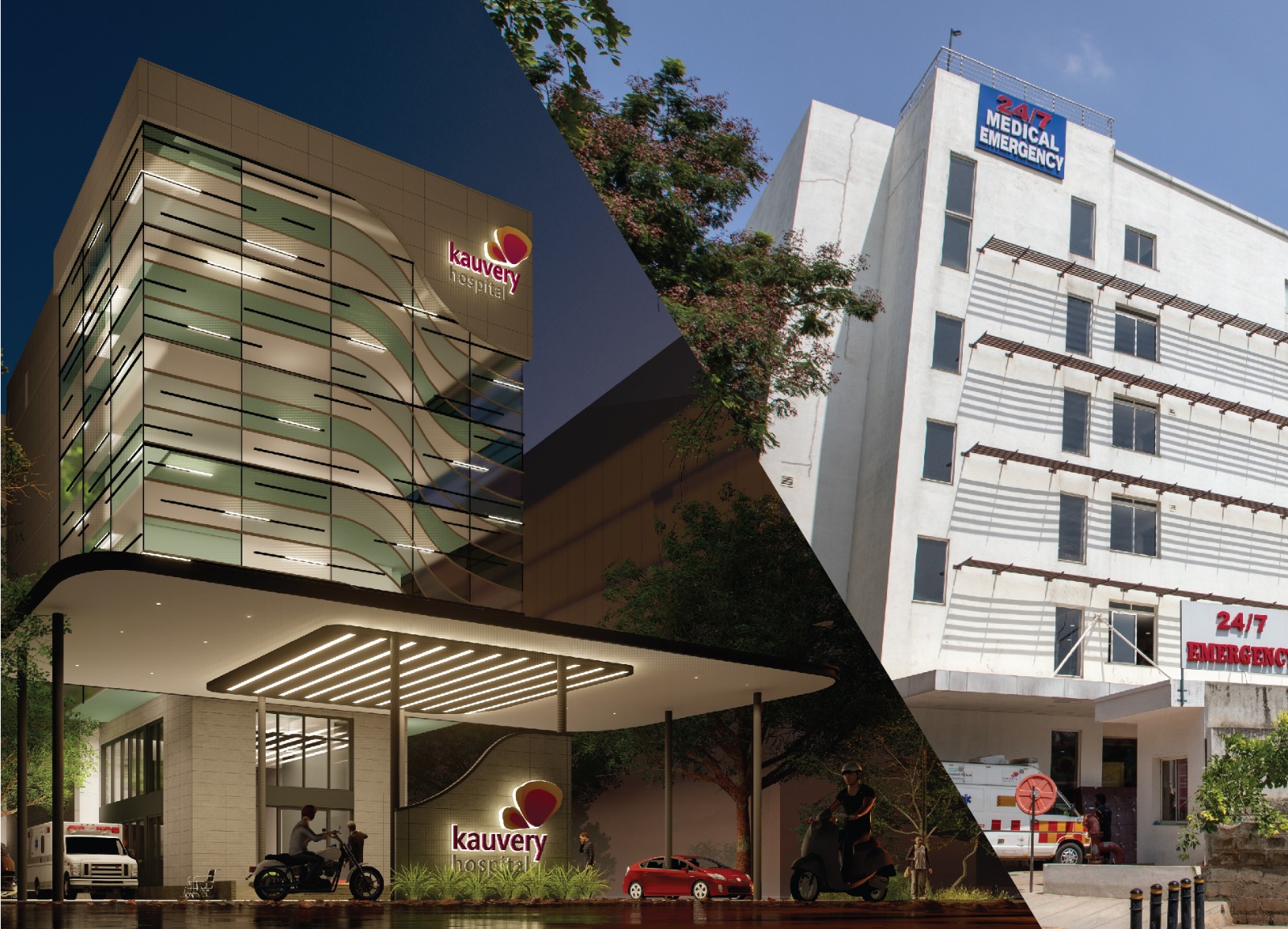
Take the first step towards better neurological health by scheduling a DBS surgery consultation at Kauvery Hospital today. Our expert team and advanced techniques ensure that you receive the highest standard of care, helping you reclaim your life.